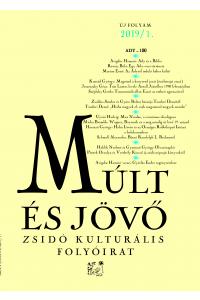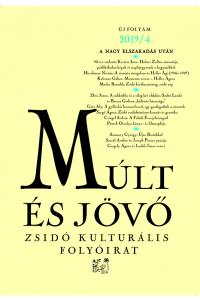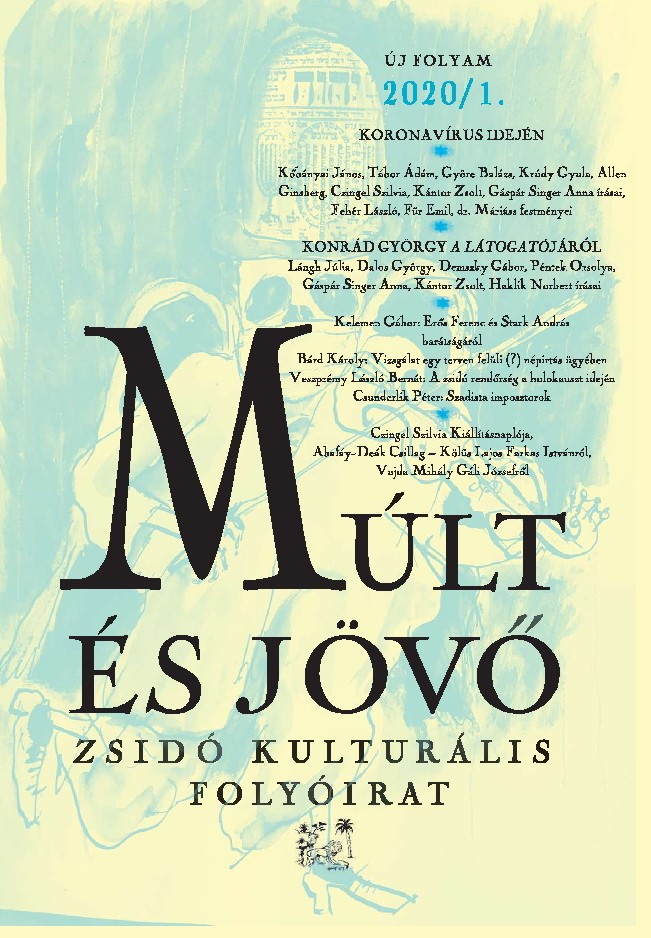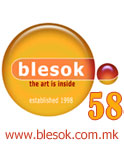
We kindly inform you that, as long as the subject affiliation of our 300.000+ articles is in progress, you might get unsufficient or no results on your third level or second level search. In this case, please broaden your search criteria.


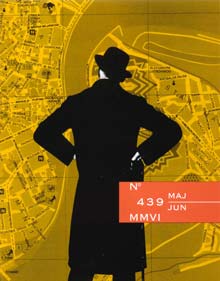
Ujutru je ušao čuvar sa papirom u ruci. Osvrnuo se po ćeliji i šutao. Posmatrao je napeta lica oko sebe. Blago se nasmešio. – Barta Jirči, četrdeset dva, pročitao je sa papira. – Ovde! viknuo sam vojnički. – Spakujte stvari i čekajte! Tresnuo je vratima za sobom. Počeo sam da rasturam krevet, da sklapam ćebad i čaršave. Ruke su mi se tresle. Našlo se nekoliko ljubaznih pomoćnika, shvatili su koliko sam smeten.
More...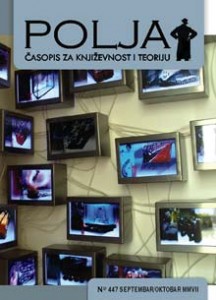
Ovde beše to. Tu je stajala. Ovi kameni lavovi, obezglavljeni sad, pogledali su nju. Ova tvrđava, nekoć neosvojiva, kamara kamenja sad, beše poslednje što je videla. Odavno zaboravljeni neprijatelj i stoleća, sunce, kiša, vetar, oronjavali su nju. Nepromenjeno nebo, blok zagasitomodar, visoko, daleko. Blizu, danas kao i juče, kiklopski sljubljene zidine, što cesti daju smer: prema vratima grada, ispod kojih ne kulja krv. U tminu. U koljište. I sama.
More...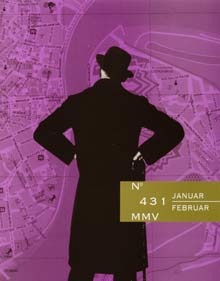
Najzad sam ubio svog oca. Samotna zlatna kazaljka na modrom brojčaniku kule Moskovskog univerziteta pokazivala je minus četrdeset stepeni celzijusa. Saobraćaj je zamro. Ni ptice nisu smele da polete. Grad se skočanjio, poput ljudskih pihtija. Ugledav{i svoj odraz u ovalnom kupatilskom ogledalu, ujutru sam ustanovio da mi je kosa na slepoočnicama posedela za jednu noć.
More...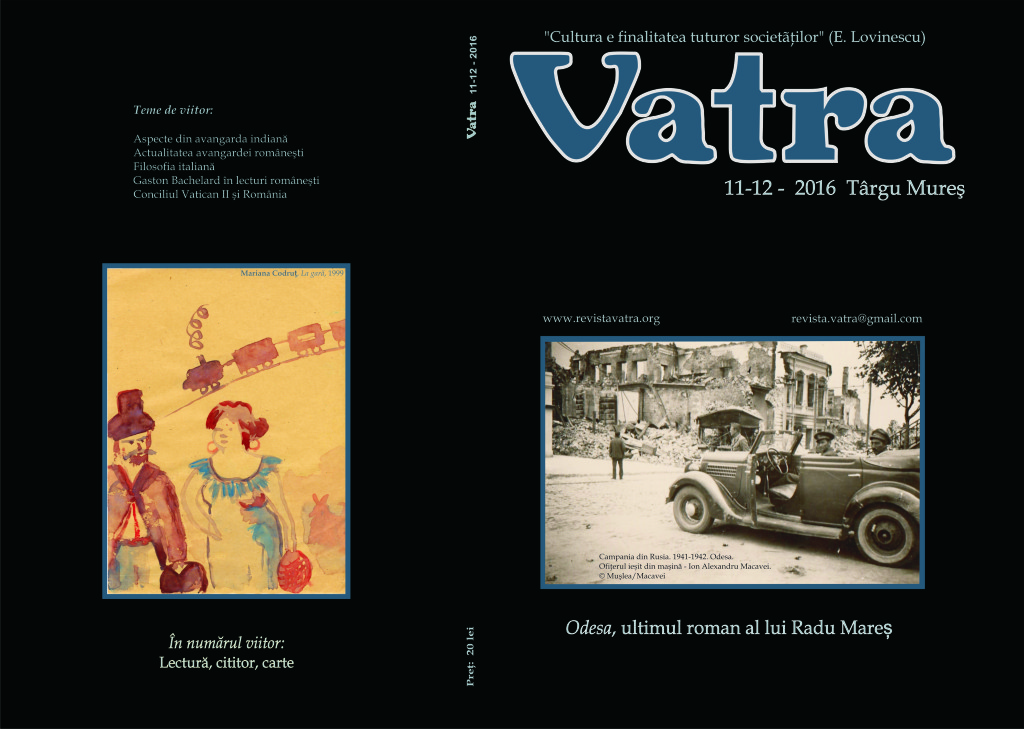
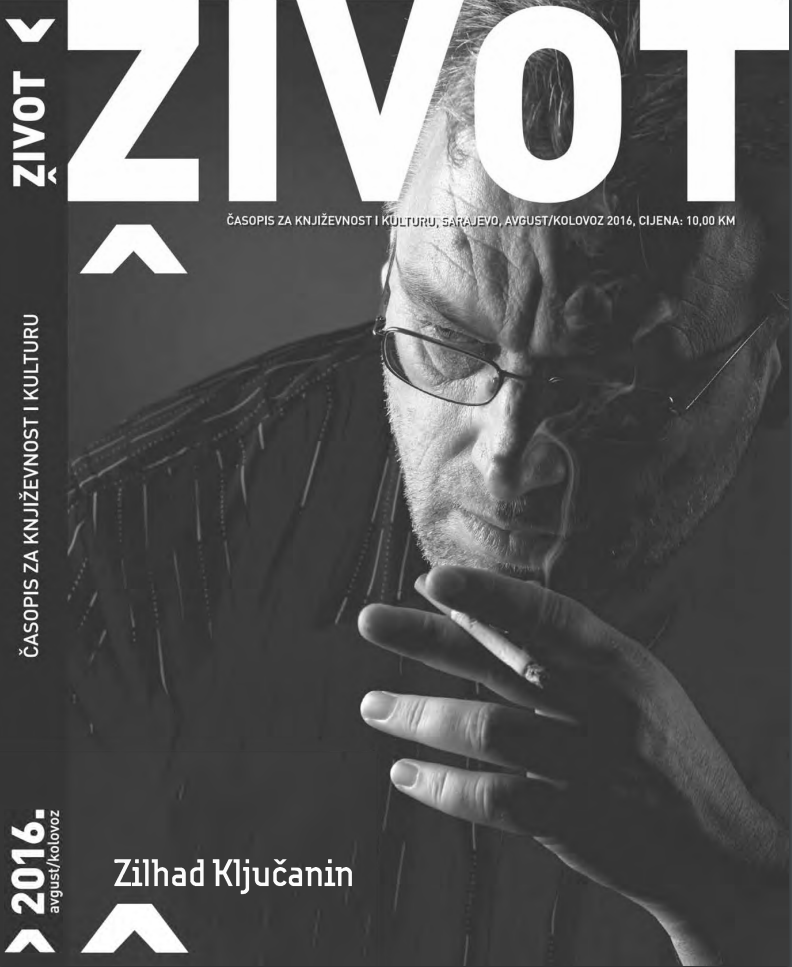
Glas sa megafona na mrtvačkim kolima javlja daje neko jutros umro, bez da nabraja njegove zasluge. Zadovoljava se sa nekoliko molitivi koje mu obećavaju raj. Jedna obična smrt koja nikoga na ulici i ne dotiče, pa čak ni moja susjeda, Jermenka, ni na trenutak ne prestaje širiti oprano rublje na balkonu preko puta, dok vijesti na ekranu dodaju druge mrtve na jučerašnju listu, ali ovaj put one koji su umrli zbog potonuća čamca koji je prevozio ilegalne sirijske i palestinske emigrante sa aleksandrijskih obala.
More...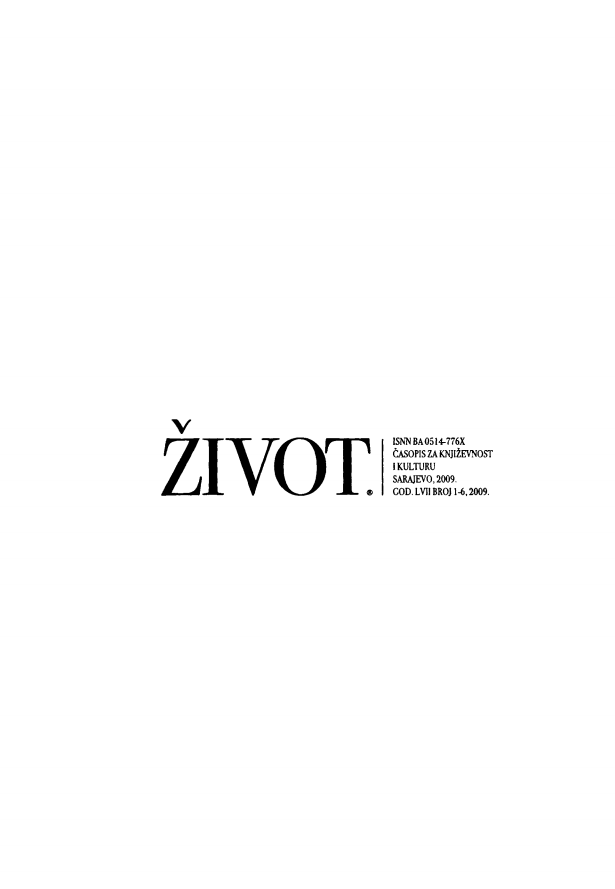
U tijeku godine moji odnosi s najvećom novinom juga Italije, “Sud”, toliko su se razvili i proširili, da su naveli redakciju da me izvuče iz tijesnih okvira moje prvobitne “specijalizacije” Moja “specijalizacija”, kako su je dotad vidjeli novina i njen povremeni suradnik, bili su politički problemi istočne Europe i Rusije. No, glavni urednik me pozvao u svoj kabinet i s praga priopćio:” Vi ste pisac, ne možete se stiskati u toj uskoj, u posljednje vrijeme sve užoj, pregradi. Imam za vas ponudu, za početak vezanu barem djelomično s vašom domovinom i istokom Europe.”
More...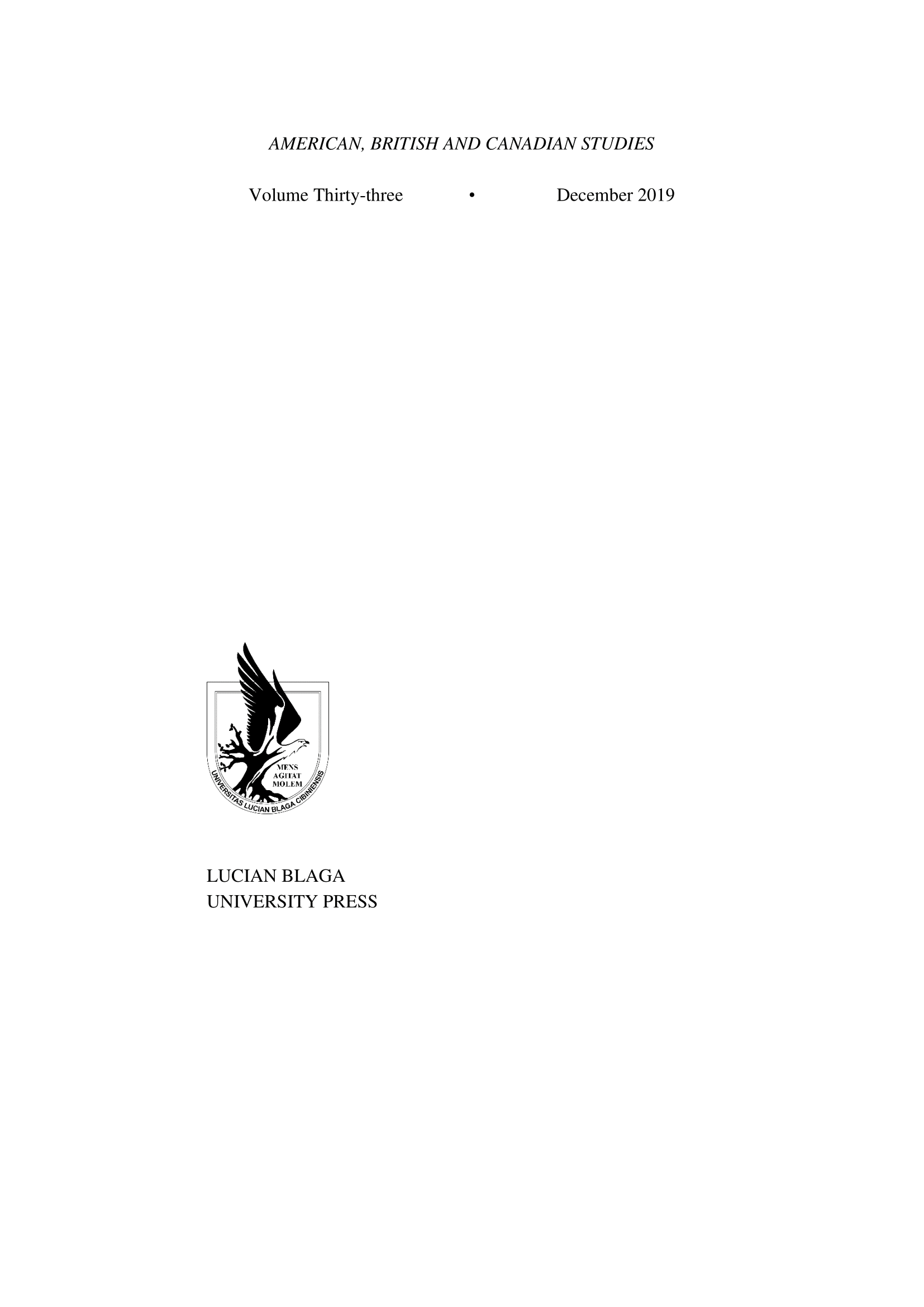
Ellen Glasgow’s works have received, over time, a mixed interpretation, from sentimental and conventional, to rebellious and insightful. Her novel In This Our Life (1941) allows the reader to have a glimpse of the early twentieth-century South, changed by the industrial revolution, desperately clinging to dead codes, despairing and struggling to survive. The South is reflected through the problems of a family, its sentimentality and vulnerability, but also its cruelty, pretensions, masks and selfishness, trying to find happiness and meaning in a world of traditions and codes that seem powerless in the face of progress. The novel, apparently simple and reduced in scope, offers, in fact, a deep insight into various issues, from complicated family relationships, gender pressures, racial inequality to psychological dilemmas, frustration or utter despair. The article’s aim is to depict, through this novel, one facet of the American South, the “aristocratic” South of belles and cavaliers, an illusory representation indeed, but so deeply rooted in the world’s imagination. Ellen Glasgow is one of the best choices in this direction: an aristocratic woman but also a keen and profound writer, and, most of all, a writer who loved the South deeply, even if she exposed its flaws.
More...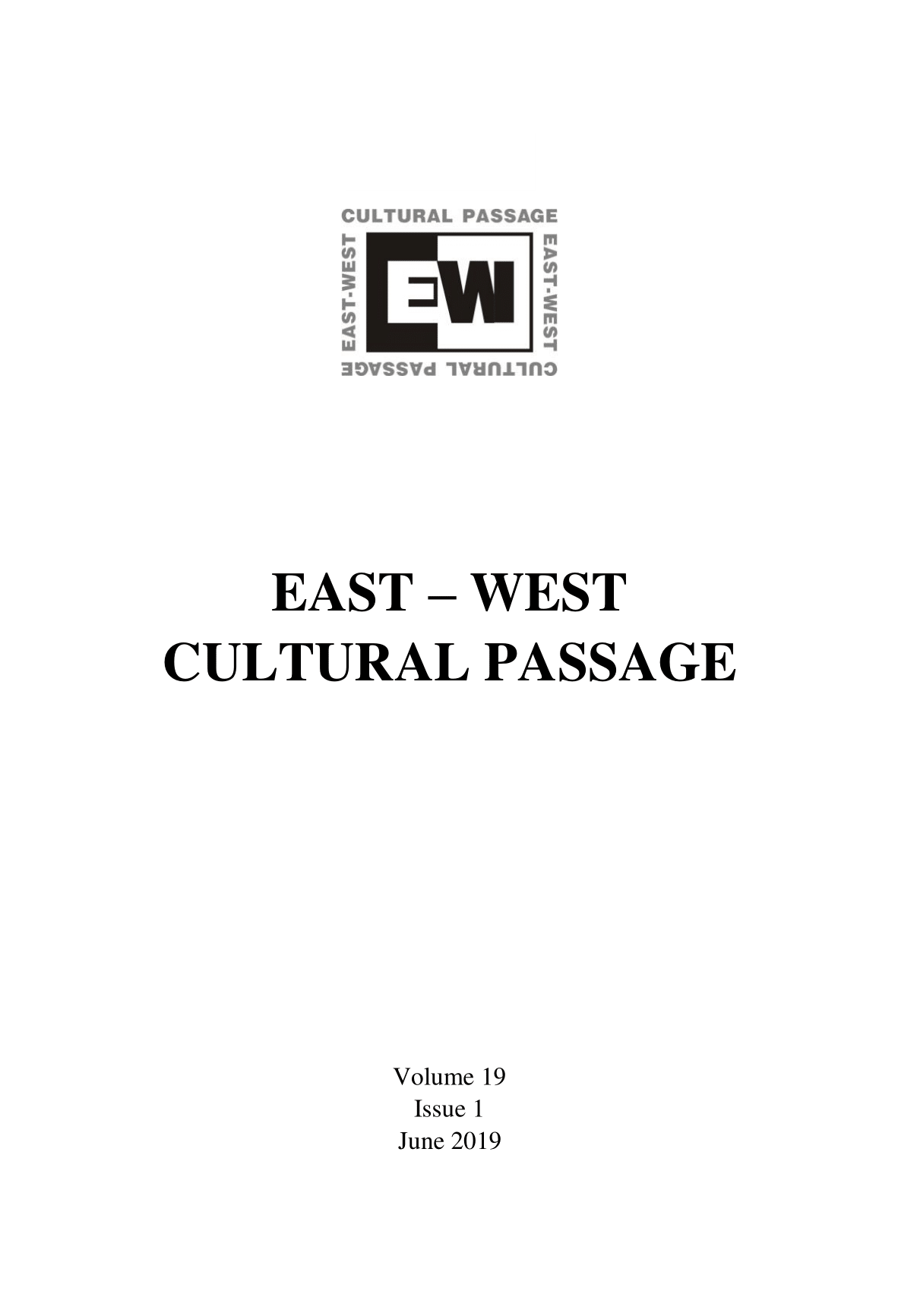
While Monica Ali’s novel Brick Lane is most often analyzed from the vantage points of postcolonialism as a text dealing primarily with the plight of the Bangladeshi immigrant community in London, it is difficult, if not downright impossible, to overlook the crucial role women and feminine resilience (in the face of not only patriarchy, but also racism, religion and social unrest) play in the novel. In actual fact, the story can much easier be read as the plight of women in their quest for self-determination and identity than as a novel about cultural clashes in the multicultural metropolis. The present essay sets out to prove that feminism is actually at the forefront of Ali’s novel, and that the feminine characters in Brick Lane stand for a post-feminist reflection on the (still) gasping abyss between theoretical gender equality and real-life sexism.
More...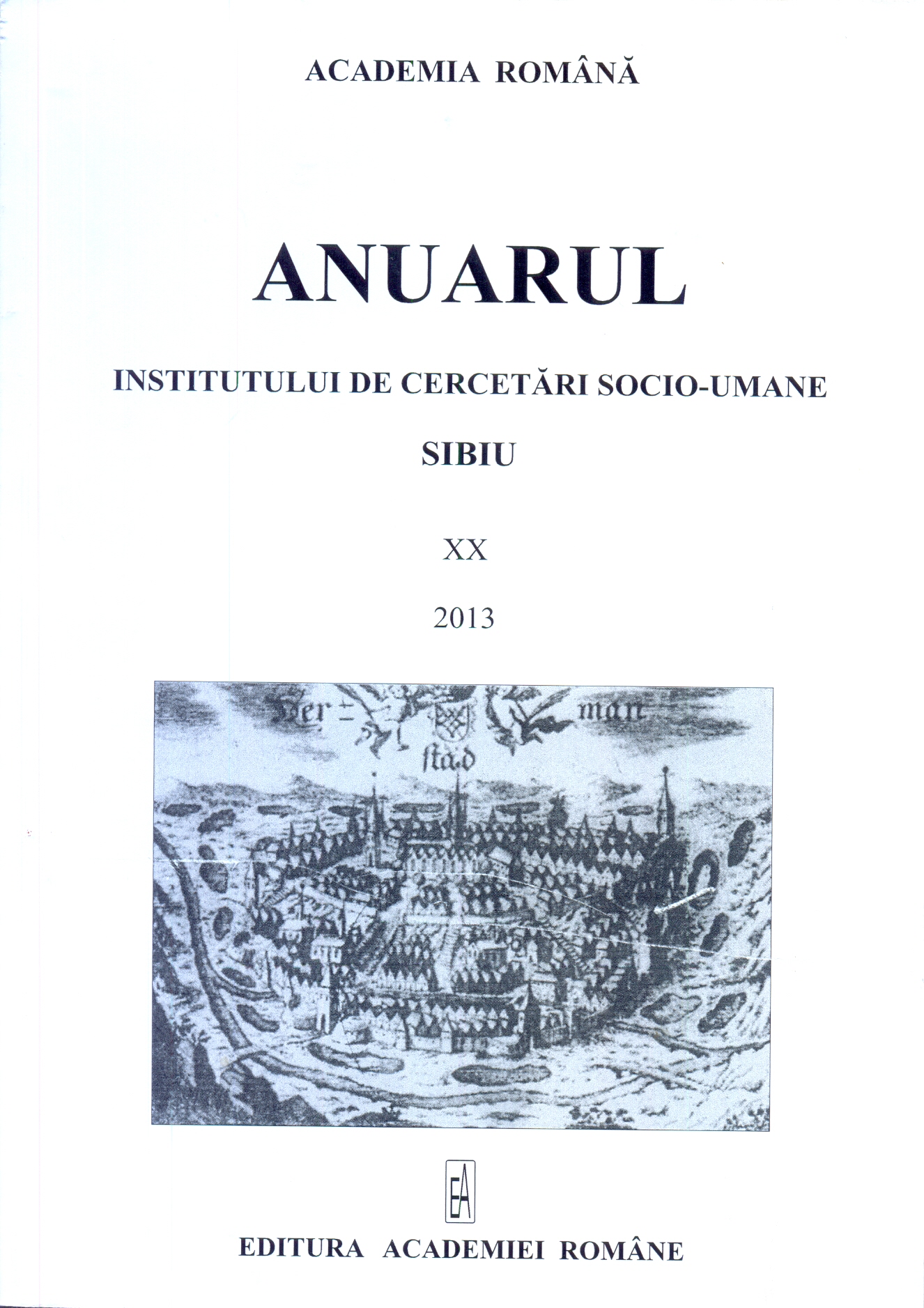
Two novels written in different epochs, in two different cultures, have a common theme: they are about two men of genius who lived by the end of the Middle Ages and whose destinies were tragic. The main characters are visionaries and they truly love all human beings. This is why they are always ready to make sacrifices for them. Unfortu¬nately, they are not rewarded for their good deeds, on the contrary, they are persecuted by the cruel society of their times. These novels teach us about the sad effects power may have on the people who lead the world. People try to get rich and powerful, but they ignore the spiritual values. Cantemir wrote an allegorical novel, where he satirizes his contemporaries in a clever way, pleading for values like reason, temperance and sympathy. Marguerite Yourcenar’s novel is remarkable for the protagonist’s attitude: he is a man of science who esteems the power of reason and believes in the benefits brought by the scientific discoveries. Both novels offer us picturesque descriptions of two European societies and they also reflect the people’s mentality in a world which undergoes deep changes.
More...
Der in Kronstadt geborene Theologe und Schriftsteller Egon Hajek (1888-1963) behandelt in seinem Roman "Meister Johannes. Aus dem Werdegang der Deutschen in Siebenbürgen" (1936) die Problematik der Reformation bei den Siebenbürger Sachsen, die eng mit der Gestalt des Humanisten und Reformators Johannes Honterus verbunden ist. Der Autor hatte die Absicht, einen authentischen historischen Roman zu schaffen, verwendet dabei Fakten, die ihm zur Verfügung standen, wo diese fehlten ließ er seine dichterische Phantasie die Lücken ausfüllen. Zielsetzung der vorliegenden Arbeit ist eine Präsentation des im Titel genannten Romans, für die Analyse ist dabei das Verhältnis von Literatur und Geschichtsschreibung sowie die Betrachtung von narratologischen Aspekten von Bedeutung.
More...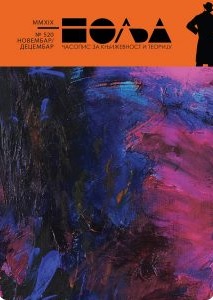



The present article analyses two recent fictional reiterations of Count Dracula’s topos – namely, Alucard in Kouta Hirano’s Hellsing manga series (1997-2008) and Fifi/FAD (Florin Anghelescu Dragolea) in Alexandru Muşina’s novel Dracula’s Nephew (2012) – as two rather authoritative contemporary references modifying the vampiric epitome originally outlined by Bram Stoker (and others). The focus is set on the evolution of ‘nation branding’ related elements reflected inside the common fictional paradigm. More specifically, this imagological investigation revolves around the ethical-symbolic dimension of the two selected contemporary works, in its particular relation to the controversial tendency of ‘branding’ Romania (or Transylvania) as the ‘actual’ homeland of the vicious vampire count. The ethical response both works imply is distinctive as well as significant, in the sense that it illustrates a current tendency towards what will be referred to in the present study as a ‘pop-cultural détente’.
More...